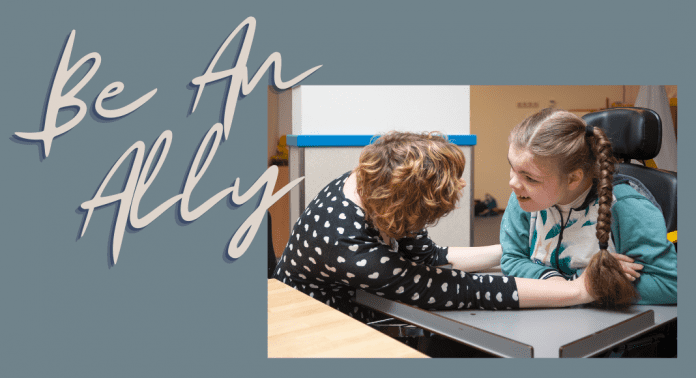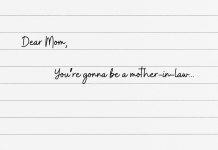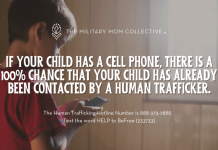One in five Americans – more than 54 million people– have a physical, sensory, or intellectual disability. This makes the disabled community the largest and most diverse minority group in the country. Yet when it comes to talking about how to best support this group of people we often respond with silence.
Despite the charged current social climate around equity and inclusivity, many disabled people fear they are being left out of the conversation. But what can we, a group of able-bodied women, do to make the disabled community feel seen and heard? What should we teach future generations about disability?
While we can never understand what it’s like to live with a disability or chronic pain, we can practice empathy and active allyship while instilling these values in our children.
In August of this year, a new social media trend called the “New Teacher Challenge,” circulated the platform TikTok.
In the challenge, a parent pretended to be FaceTiming their child’s “new teacher” in front of them and used the image of a disabled individual to portray the “teacher.” The child often reacted with shock or fear, and many even started to cry as their parent laughed.
Incredible disabled activists, such as Lizzie Velasquez and Melissa Blake, have spoken out about the cruelty of this challenge, and many able-bodied parents have joined them. Instead of instilling fear, these parents responded by educating their children about empathy and the danger of ostracizing people who look different than them.
Parents can clearly have an immense impact when it comes to preventing such challenges from starting and circulating. So we must continue to not only educate ourselves but also our kids about kindness and empathy towards the disabled community.
Here are six amazing tips and resources – taken from disability lingerie retailer Intimately.co and accessibility mapping app AccessNow – about how to best be an ally to the disabled community:
1. Educate yourself and your children about different disabilities, ableism, and accessibility
If you are looking for a place to start there are many resources from books, to blogs, to
podcasts. Here are some favorites, including Stella Young’s TedTalk below:
Disarming Disability Podcast
Haben Grima’s Memoir
Crip Camp (Netflix)
Books for young children
Books for young adults
2. Respect individual experiences
Recognize that every person is different and there are a variety of ways disability is
experienced. Whether a disability is invisible or visible, listen to each story and know that
not everyone has the same views and preferences. For example, some folks prefer to identify as identity-first (disabled person) while others choose person-first (person with a disability).
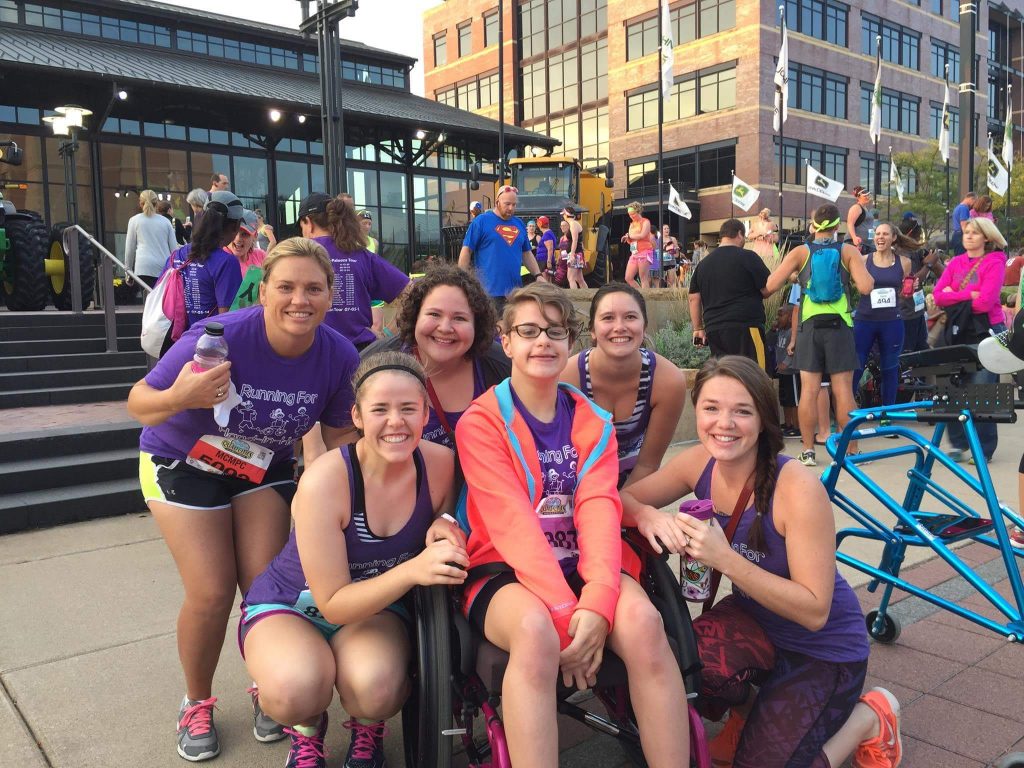
3. Start to consider accessibility in your daily life
● Consider how your child gets to school and the school itself. Is his/her route accessible?
Does the school have ramps?
● When you go out to eat or host an event, is the space accessible for everyone?
● Do the podcasts you listen to have transcripts?
All these things that many of us take for granted must be carefully considered and
planned by people with disabilities.
4. Diversify your feed & amplify disabled voices
● Start to follow disabled advocates on Facebook and other social media.
● Read and watch disabled content creators.
● Amplify their voices by sharing their work and giving them credit.
● If your child is on social media, recommend some disabled creators to them! Some great
people to follow on Instagram and YouTube for young adults are:
Zach Anner: Comedy and fitness
Jessica Kellgren-Fozard: lifestyle and fashion
Squirmy and Grubs: Lifestyle and dating
5. Be a proactive advocate
● Be a part of the movement even if you are not disabled or have any disabled friends and
family.
● Support brands with inclusive missions or disabled creators such as the Tommy Hilfiger
TommyAdaptive line, lingerie brand Intimately’s undergarments, Alivia’s clothing
which features designs made by disabled artists.
● Speak up when you come across ableist actions, language, and behavior.
● If you encounter microaggressions or if something is inaccessible, speak up or confront
the issue
● Openly speak to your family about disability, and teach kids to embrace rather than fear
difference
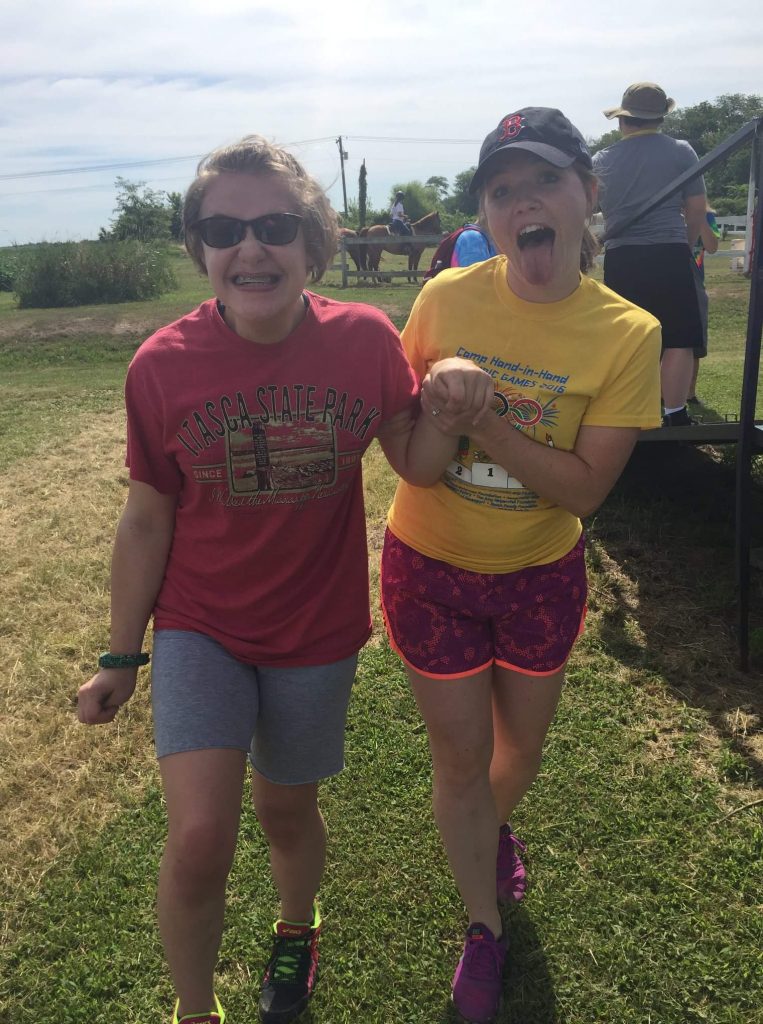
6. Show up Imperfectly
As cheesy as it sounds, being an ally is a journey, not a destination. So understand that
you will make mistakes but know that it is better to be an imperfect ally and always be
ready to learn than someone who does not show up at all.
So be an ally and show up for everyone in your community. And if you need a head start, try a few of the suggestions above. We can all work together to make the world a more inclusive space for all!
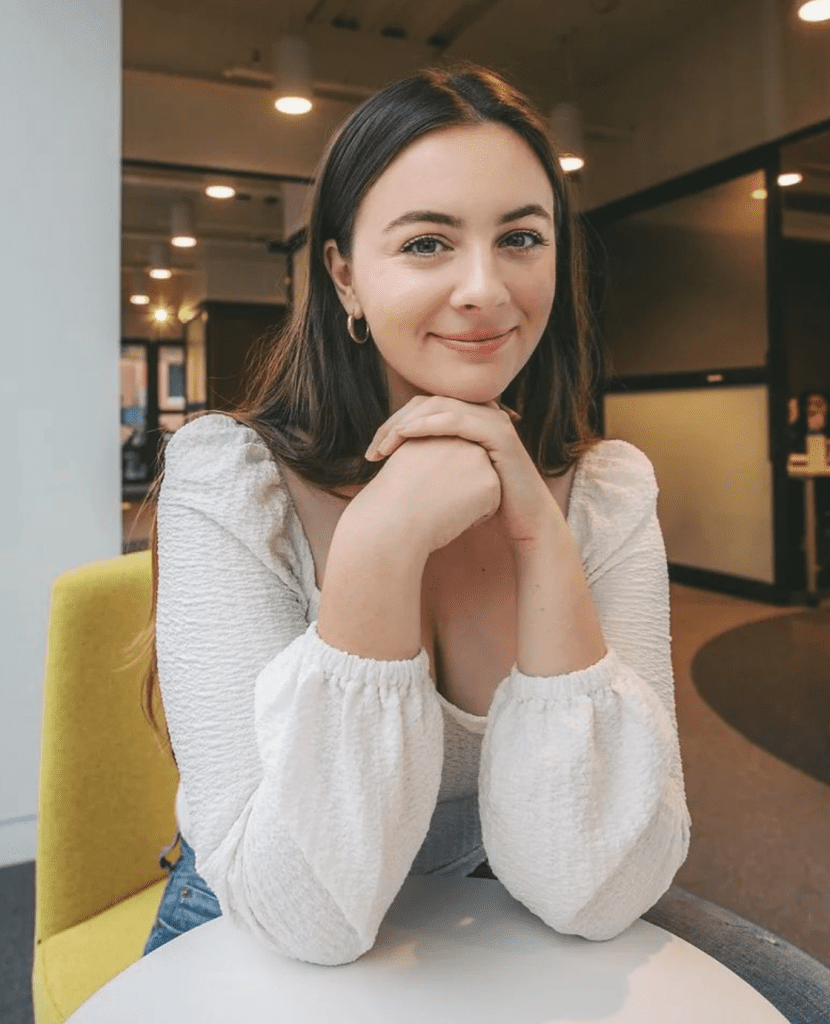 Emma Butler is the founder and CEO of Intimately, an inclusive lingerie brand that aims to empower disabled women through fashionable and adaptive undergarments. She is a ’20 Brown University graduate and currently a candidate for her MBA at Duke. Any given day you can find her drawing and painting, learning how to cook something other than her famous mac & cheese, or reading a mystery novel.
Emma Butler is the founder and CEO of Intimately, an inclusive lingerie brand that aims to empower disabled women through fashionable and adaptive undergarments. She is a ’20 Brown University graduate and currently a candidate for her MBA at Duke. Any given day you can find her drawing and painting, learning how to cook something other than her famous mac & cheese, or reading a mystery novel.


